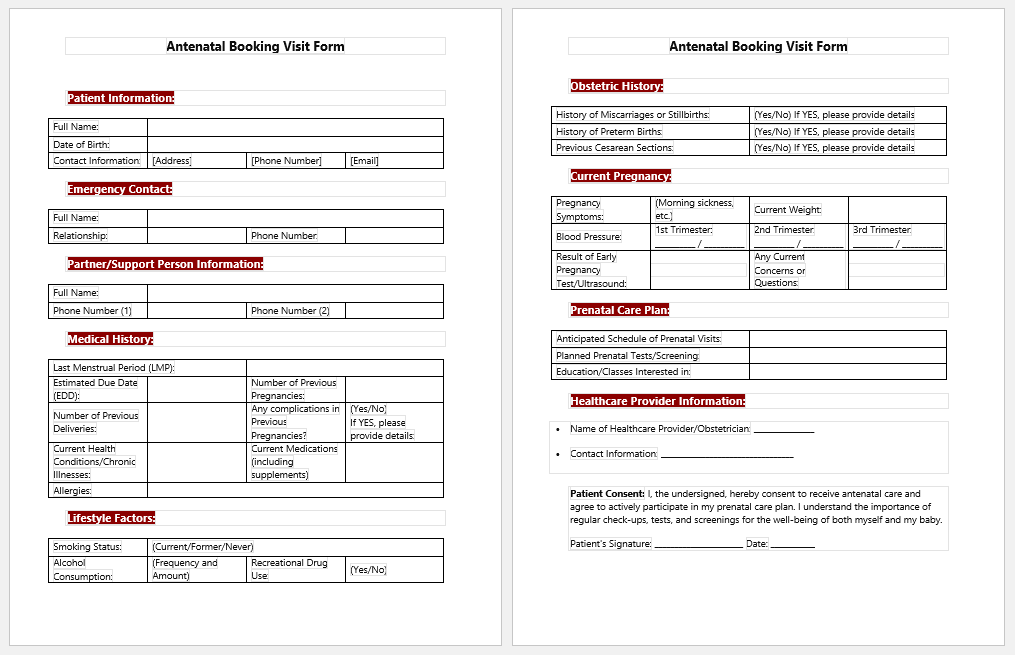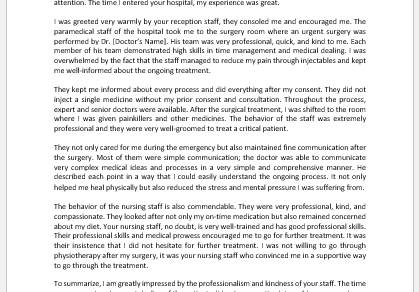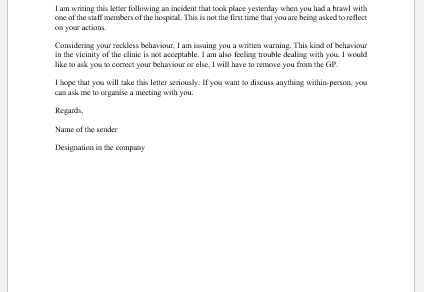A first-ever visit made by a woman to her doctor after conception is commonly known as a Booking Visit. A detailed introduction is made, and the pregnancy is tracked well in time, which can save a lot of energy and resources. Most of all, the health of the mother and child has a better outcome.
Ideal time
It should be done as soon as she discovers she is pregnant. Ideally, around 6 to 8 weeks of her gestation, an initial examination, and investigations, including a dating scan, can be done.
Components of the form
They are divided into different sections.
1. Introduction
- The name of the obstetrician or midwife is written in the topmost section for the sake of convenience in her subsequent visits.
- Patient’s name, husband’s name, age, address, ethnicity, contact information, or any other relevant information.
2. Dates
- Date the exam/checkup.
- Date of her last menstrual period, commonly abbreviated as LMP. This is very important because her expected date of delivery and gestational age are calculated from this. Also, the age of her fetus and its development are estimated and correlated with examination and investigation.
3. Previous obstetric history
This includes
- ‘Gravidity’ means if this is her first pregnancy, second pregnancy, or whatever, we have to mention it.
- Parity includes a number of the living babies she already has. If this is her first pregnancy, we mention it as zero.
- Miscarriages, if any are also mentioned in number, along with the age at which she miscarried her child, which is very important.
- In past
pregnancies, any complications that occurred were also mentioned, along with the mode of delivery of the child. Either the baby was delivered normally or via C-section or instruments.- The general condition of the babies born is mentioned, and their sex, weight at birth, and any congenital anomalies if present are also asked about and mentioned.
4. Gynecological history
Gynecological history is very significant, whether a woman is pregnant or not. The main questions we need to ask her are,
- Nature, duration, and time of her menstrual cycle
- Any modes of contraception used by her
- If her pap smear was done or not. It is important because a pap smear is done to diagnose various infectious and non-infectious diseases, including cervical carcinoma
- Any other gynecological issue she faced in the past
5. Medical and surgical history
- Generally, we ask if she suffered from diabetes, hypertension, cancer, liver, or lung disease other than pregnancy in the past or underwent any surgery for any reason.
- Blood group and hepatitis B and C status are mentioned
- Any history of transfusion or its components
- We always ask
if she has any allergies to any drug, food, season, or anything she wants to mention. This is very important because we have to administer various drugs when needed, and we must havea proper knowledge of everything about patients. - If she is currently taking any medicines or not
6. Follow-up instructions
In the end, we have to give her instructions for home, which medicines to take, what precautions she needs in the future, and when to come again for her next visit or any investigations if needed.

Antenatal Booking Visit Form Size: 27 KB
- Nursing Documentation Templates
- Mental Health Evaluation Forms
- Forms Used by Pediatricians
- Various Forms Related to Pregnancy Verification
- Common Forms Used by ENT Specialists
- Pain Diary Worksheet Template
- Forms Commonly Used by Old Age Homes
- Medical Treatment Consent Form
- Home Exercise Program Worksheet
- Forms Used for Mental Health Assessment
- Forms Used by Psychologists
- Medical Forms Commonly Used by/for Students
- Assessment Consent Form
- Forms Used by an Anesthesiologist
- Not Fit to Fly Certificate Template

